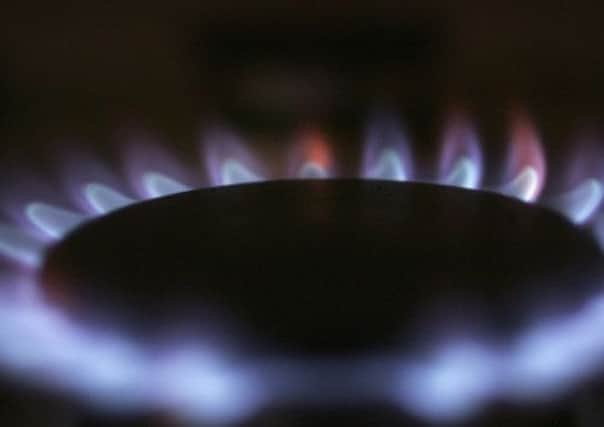Dan Lewis: Why gas crisis was predictable


Energy ministers would face losing their jobs and, in truth, lives could be put at risk.
So it’s a staggering admission that in March, the UK’s supply of gas ran as low as six hours worth. A long-running cascade of policy errors brought us to this fragile precipice.
Advertisement
Hide AdAdvertisement
Hide AdWhat happened was an unholy combination of the coldest March since 1962 – dramatically increasing demand for gas – a technical – but predictable – fault on one of the main import pipelines shutting it down and an utter failure to get gas storage facilities through planning over the last decade.
To use the jargon: gas storage can be kept in a state of “hot standby”, “12-hour standby” or “fast injection”. All of these impact differently how quickly gas can be dispersed around the country, how many days storage there are at peak demand in winter and what will still be available to the UK at times of a European gas shortage.
Many of us have seen this coming. It was never a secret that North Sea gas production peaked in 2000 – and it was clear then we would have to import rather than export gas in the future. Additional buffers would be required, especially when combined with a rising contribution from intermittent renewable power.
In 2004, Ofgem predicted the UK would need to have ten billion cubic metres (bcm) of storage by 2010. But ten years later, our storage facilities remain virtually unchanged at around five bcm.
It also doesn’t help that the Department for Energy and Climate Change (DECC) is mired in a type of “Star Trek reality” distortion field.
DECC officials believe the unbelievable; that subsidising expensive renewables will bring down consumer bills; that energy efficiency will keep down gas demand; that the liquefied natural gas market and European pipelines are 100 per cent reliable suppliers at all times.
Least helpful of all though, is the emergence in some circles of shale gas denial. Shale gas for the US has been so disruptively positive, that within a few years, gas prices fell to a third of the UK and leading to an increase in manufacturing in America. President Obama secured re-election to boot. Yet the great and the good seem almost disappointed that just in Lancashire alone, a huge shale gas resource has been found.
Until our shale gas comes onstream though, the worry is that however tough this winter was, the safety margins are now getting tighter. Thanks to the EU’s large combustion plant directive, nearly all our coal plants will be closed by 2015. So if the lights aren’t going to go out, we may have to break European law and keep them open a while longer.
• Dan Lewis is Chief Executive of Future Energy Strategies